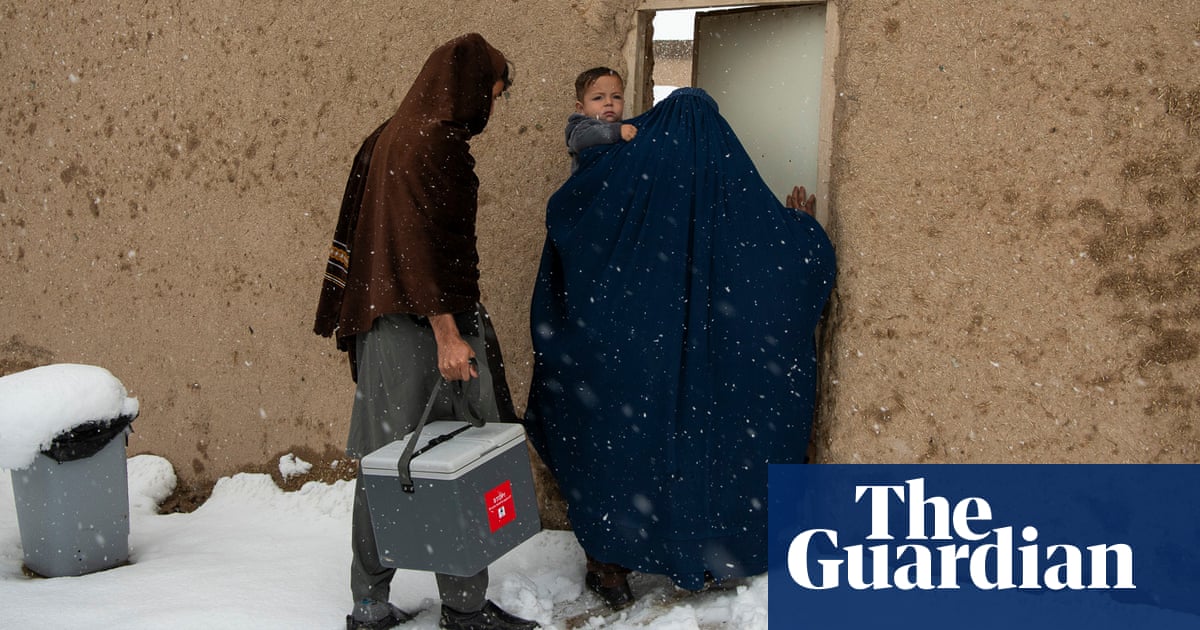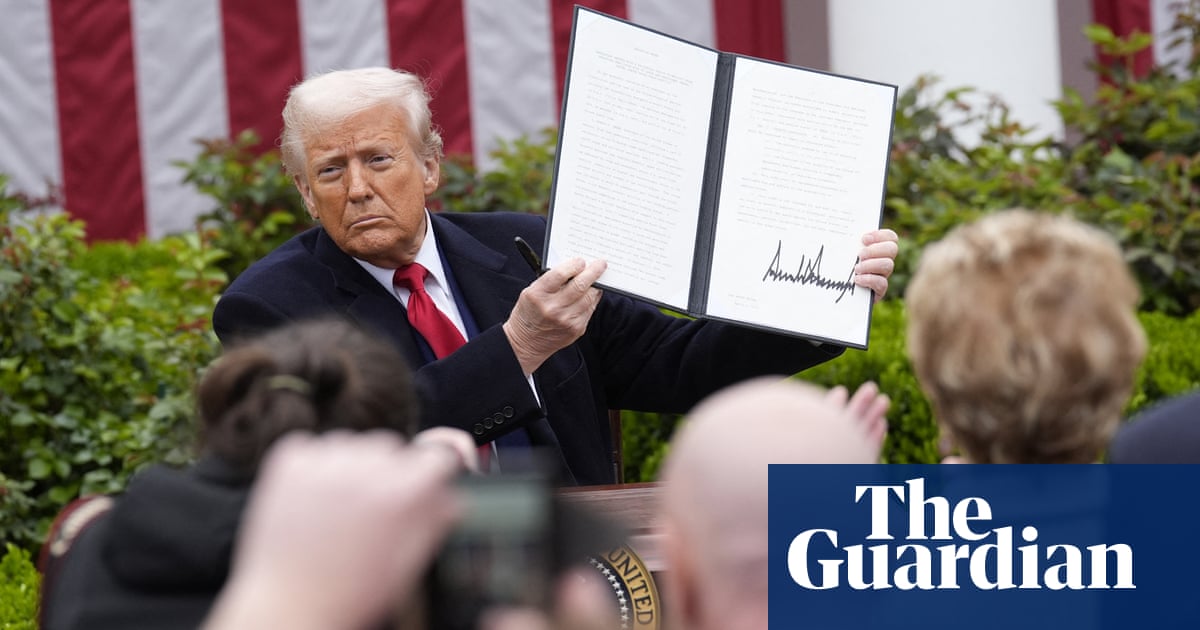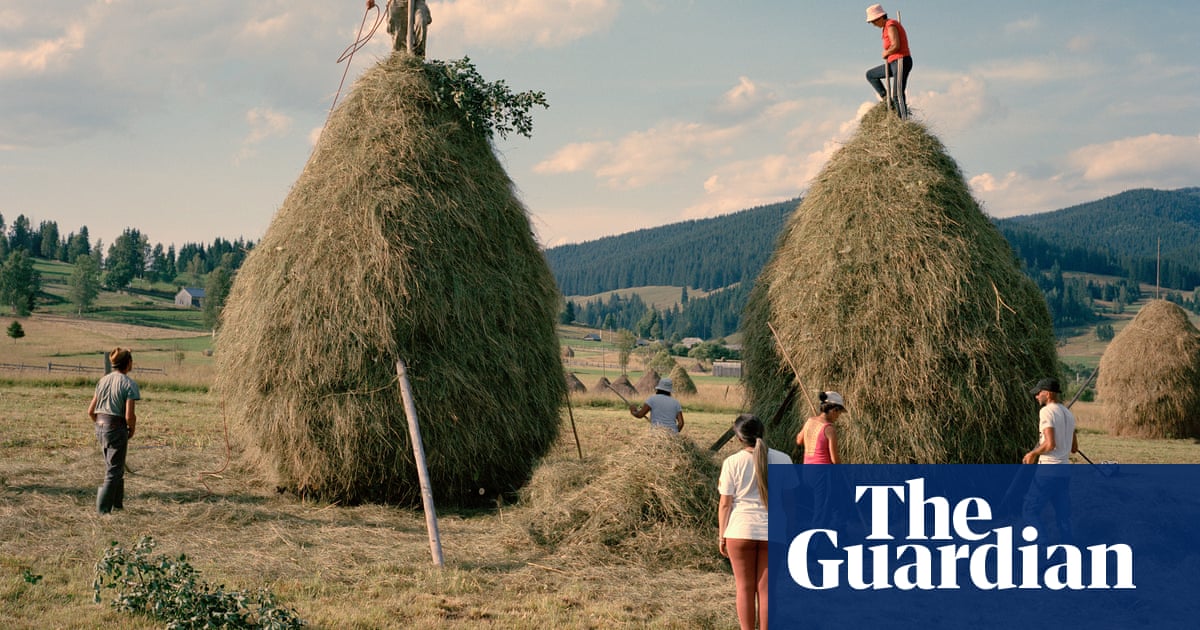there’s a bird
in a tree
in the garden
a small tree
in a small garden
it’s a robin
(of course)
& there are other birds
in other trees
in other gardens
it’s a willow
a white willow
beyond an oak
alive with blackbirds
nothing but sound
the world is still in the grass
the many grasses
is never simple
was never simple
follow
a single strand
& everything flows
everything is
that is
& we await
the next
glacial maximum
a road
runs through it
not done not
Billy Mills’s recent collection, A Book of Sounds, is arranged in four parts with an additional Coda. The Uncertain Songs of the second part have been set by David Bremner as a cantata. Elsewhere, glimmers of rhyme and rhythm suggest the translation or re-creation of gemlike early Irish lyrics. Sound, whether clearly singing out for the reader, or shaping our inner silences, matters to the crafting of all the poems, and a musical metaphor for the collection is tempting. But the idea of separate movements as in a traditional symphony or suite would be misleading, so multiple are the interconnections between the parts. Similarly for the poems: within and across the demarcations and white spaces, their interaction is one of the book’s many pleasures. A collection that is very much concerned with the ecosystem is itself an ecosystem.
Time – present, past and future – is the element foregrounded in this week’s poem. Even in the timeline formed by the collection, there are sightings elsewhere of, for instance, oak, willow, robin, ice and blackbirds. The immediacy of their presence is now placed in a vaster perspective.
A confidently assertive first verse is soon qualified: the tree is “a small tree”, the garden “a small garden” and the bird is named, with a touch of humour: “it’s a robin / (of course)”. But the eye is in flight, and the birds, trees and gardens accumulate. Do we look at those other trees to see the “white willow” or is the white willow the tree where the robin was sighted? It may be standing “beyond an oak / alive with blackbirds” (the white willow can be a tall tree when mature) or it might be that the oak is farther away, and the robin’s small tree is a younger white willow. Certainty lies in the multitude of birdsong which closes this particular stretch of seeing and naming: “beyond an oak / alive with blackbirds / nothing but sound.”
The poem achieves its notable spareness partly through avoiding descriptive elaboration: the reader is trusted to read the image. I imagine, for a moment, the small garden as a kind of Eden, and the “naming” to demonstrate a newly created Adam’s delighted finding of words for the other inhabitants: “It’s a robin”, “It’s a willow”. After all, we’re told “the world is still in the grass” – and this beautiful line suggests a certain prelapsarian innocence. It might be that “grass” implies our present, soiled and unappreciated “Eden”; the possibility of a grassless world ahead is a real threat as the grasslands lose their herbivorous populations. Currently, as the poem reminds itself, “there are many grasses”.
We are reminded that “the world … // is never simple / was never simple”. The moment has expanded in time and complexity. A “single strand” evolves immediately into the “everything / that flows” and “everything is / that is”, an allusion, perhaps, to Wittgenstein’s aphorism, “the world is everything that is the case”. “& we await” is a hinge line: the “everything” of the future is made tangible in shape of “the next / glacial maximum”. We would be placed in the very distant past if the “next” glacial maximum indicated the one that has already occurred. Perhaps we should locate ourselves both in the past and the distant future, when a further ice age, the ultimate white space, will impinge after our species has become extinct. The road that “runs through it” may denote swift, inevitable environmental destruction – an important target in the collection. It may be one of the threads that flows with everything humanity is and will be, and hinders and destroys that everything. The last line might face two ways, its double negative implying hesitation: “not done not” – and, for the ideal reader, the reader of the collection, the poem itself is far from “done”.
The next page begins “random a weave / listen: responsibilities // begin in life …” Yeats is corrected here (“in dreams begins responsibility”) and so it seems the road of the earlier poem, and all it carries, may deliver both the probability of global devastation, and the tenuous means of averting it.
With its haiku-like economies and juxtapositions, straightforward diction and complicated flow of ideas, this poem places the “small garden” of the present in geological time, and sends the reader ahead with senses sharpened and knowledge added to. It is a microcosm of the collection and all the subtleties of its orchestration.
Dedicated to the memory of the poet Maurice Scully, A Book of Sounds is profoundly committed to the future there might still be for organic life on Earth, and a tribute to the art and craft of poetry. See Billy Mills’s own blog for some interesting early reviews.

.png) 2 months ago
41
2 months ago
41













































